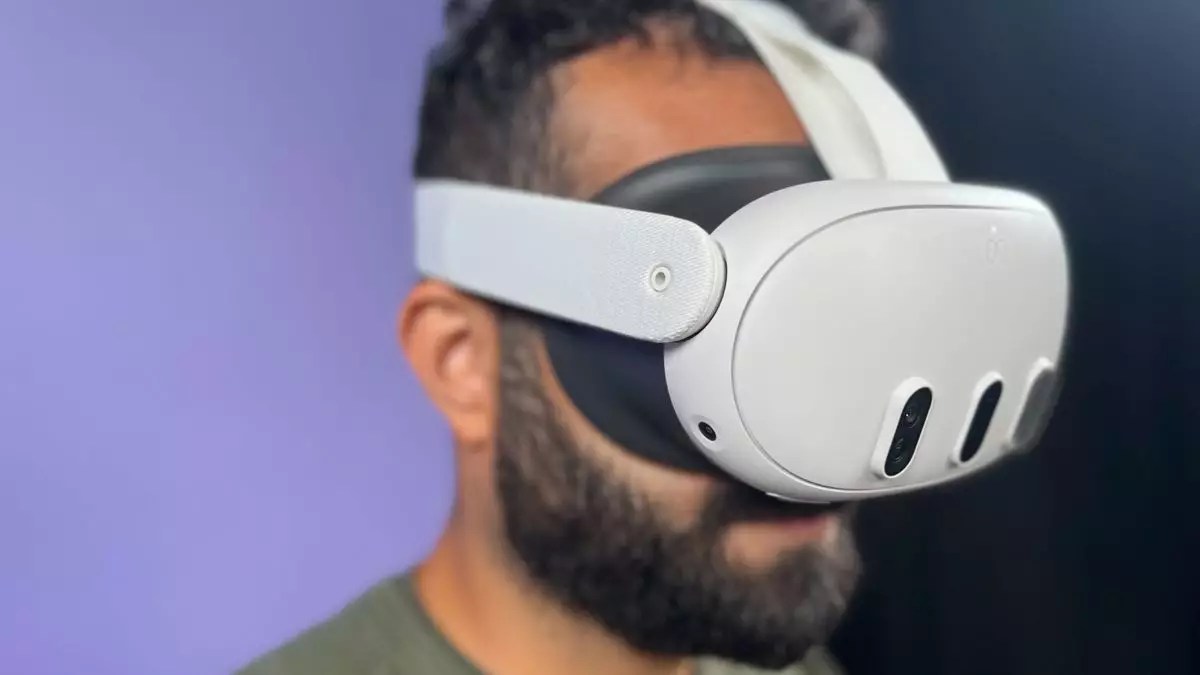The VR industry is constantly evolving, with new technologies and innovations shaping the future of virtual reality headsets. Meta, previously known as Facebook, has announced their latest development – the Meta Horizon OS. This operating system will not only power Meta’s Quest headsets but will also be available for third-party hardware makers. Companies like Asus and Lenovo have already jumped on board to create their own Horizon OS-powered headsets.
Meta Horizon OS is packed with features that have been a hit among users of Quest 3 headsets. These include inside-out tracking, high-resolution passthrough, and Spatial Anchors, which allow the headset to ‘lock-in’ on real-world reference points. The new OS aims to provide a seamless and immersive VR experience for users, whether they are gaming, learning, or for entertainment purposes.
Asus and Lenovo’s Take on Horizon OS
Both Asus and Lenovo are gearing up to launch their own VR headsets powered by Meta’s Horizon OS. Asus plans to introduce an ROG branded VR headset that focuses on gaming performance. This headset is expected to utilize the new OS to enhance the gaming experience for users. On the other hand, Lenovo’s upcoming device is more productivity-oriented but promises to offer an immersive experience for entertainment purposes.
Meta has partnered with Qualcomm Technologies, Inc., known for building Snapdragon processors, to integrate their hardware with the Horizon OS. This collaboration is crucial for ensuring that the new VR headsets deliver high performance and compatibility. The Snapdragon XR2 Gen 2 processor is expected to be a key component in powering these next-generation headsets.
Meta’s decision to open up its VR software to third-party hardware makers signifies a shift towards a more open-source approach in the industry. This move aligns with Zuckerberg’s announcement of funding open-source AI projects. By allowing other companies to utilize Meta’s platform, the VR landscape is set to become more diverse and innovative.
One of the challenges for Asus and Lenovo will be to match Meta’s pricing for their VR headsets. The Quest 3, while not the most affordable option, still offers a competitive price point for consumers. The addition of gaming-specific features and the ROG branding could potentially increase the cost of these new headsets. Balancing performance and affordability will be crucial for boosting player numbers in the virtual reality space.
The release of Meta Horizon OS and the collaboration with leading hardware manufacturers like Asus and Lenovo signal a new era for VR headsets. With a focus on high performance, immersive experiences, and open-source development, these new devices are poised to revolutionize the way we interact with virtual reality. Only time will tell how successful these new headsets will be in capturing the imagination of consumers and shaping the future of VR technology.


Leave a Reply